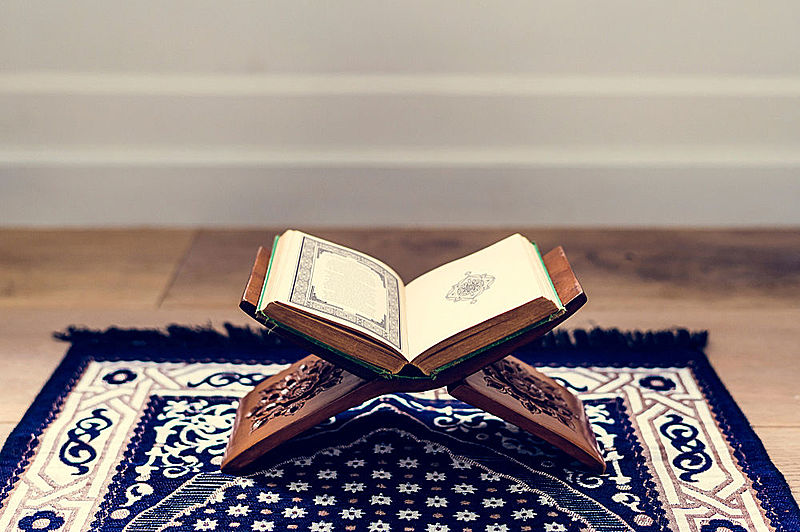Prophet Muhammad (peace be upon him) is one of the most influential figures in human history. Born in Mecca in the year 570 CE, he grew up in a society deeply divided by tribalism, inequality, and idol worship. Through his message and example, he transformed not only Arabia but also laid the foundation for a global faith—Islam—that today is followed by more than a billion people worldwide.
Early Life

Muhammad was born into the noble Quraysh tribe, but his childhood was marked by hardship. He lost his father before birth and his mother at a young age, becoming an orphan cared for by his grandfather and later his uncle, Abu Talib. Despite these challenges, Muhammad became known among his people as Al-Amin (the Trustworthy) for his honesty, fairness, and reliability.
As a young man, he worked as a merchant, earning a reputation for integrity. At age 25, he married Khadijah, a wealthy merchant widow who became his strongest supporter and the first believer in his mission.
The Call to Prophethood
At the age of 40, while meditating in the cave of Hira outside Mecca, Muhammad received his first revelation through the Angel Jibreel (Gabriel). These revelations, spanning 23 years, formed the Qur’an, the holy book of Islam. His message was simple yet profound: worship one God (Allah), uphold justice, show compassion, and live morally upright lives.
Challenges and Perseverance
The early years of his mission were filled with opposition, persecution, and hardship. The Meccan elites resisted his teachings, fearing they threatened their social and economic order. Yet, Muhammad and his followers remained steadfast. After years of struggle, they migrated to Medina, where he established the first Islamic community based on principles of justice, equality, and brotherhood.
His Character and Teachings
Prophet Muhammad is remembered not only as a messenger but also as a role model. His humility, kindness, and fairness left a lasting impression even on his opponents. He emphasized mercy, famously saying:
“The most merciful of those on earth will be shown mercy by the Most Merciful.”
He advocated for the rights of the poor, orphans, women, and slaves—groups often marginalized in society. His final sermon highlighted the equality of all human beings regardless of race or status, a message that remains timeless.
Legacy
Prophet Muhammad passed away in 632 CE, but his legacy continues to shape the lives of millions. Through the Qur’an and his teachings (the Sunnah), he left a comprehensive guide for spiritual, social, and moral life. To Muslims, he is the final prophet, completing the chain of messengers that includes Abraham, Moses, and Jesus (peace be upon them all).
Conclusion
Prophet Muhammad’s life is a testimony of resilience, compassion, and unwavering faith. His mission was not just about religion—it was about building a just and caring society. For Muslims and non-Muslims alike, his example offers lessons in humility, leadership, and the pursuit of peace.
